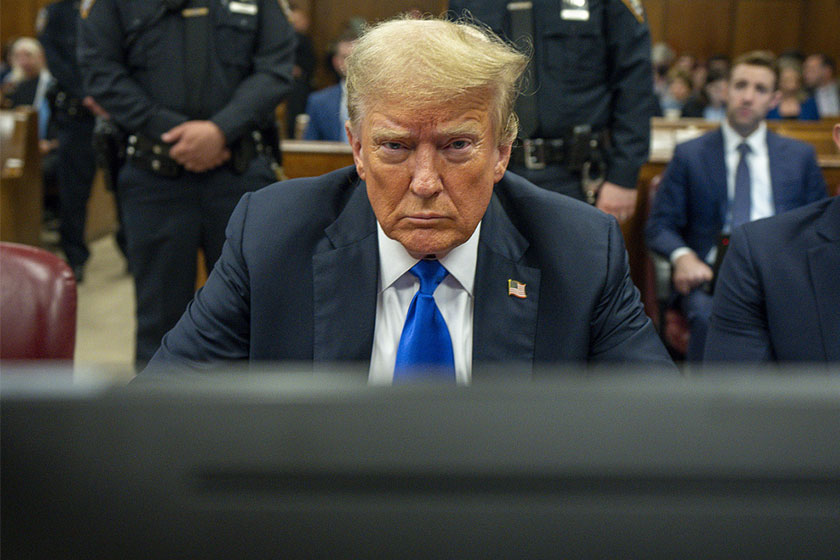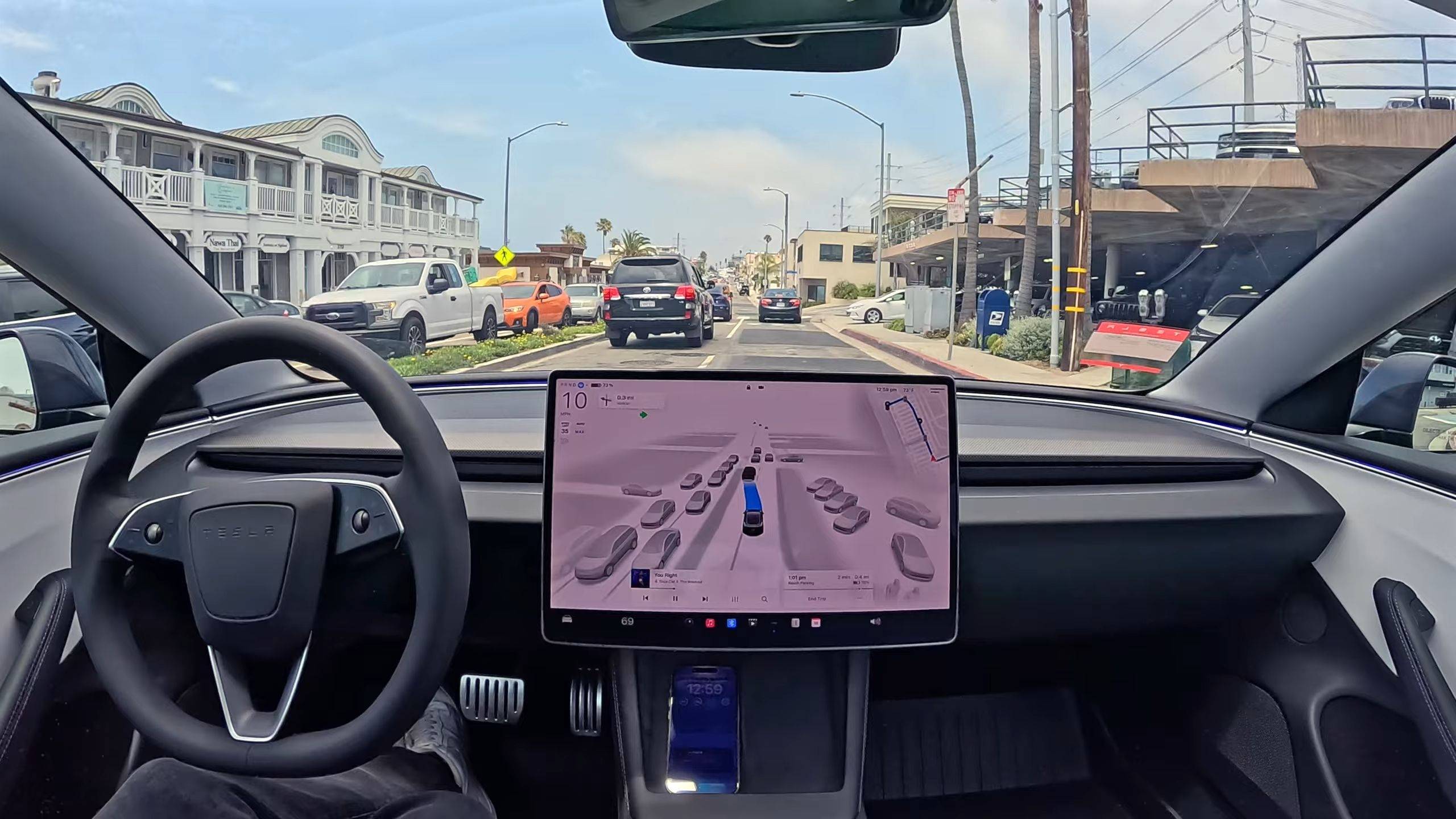
Donald Trump's approach to interacting with large corporations during his presidency, particularly in terms of business investments, indicates that he is imitating the decision-making style of corporate CEOs and driving economic development and investment in the United States through pressure and extortion. He not only reached agreements with governments of various countries, but also directly intervened and influenced the investment decisions of multinational corporations. In addition, he also announced nearly $4 trillion in investment plans and promoted large-scale investments by large corporations in the United States.
Trump's role as CEO
During his tenure as the President of the United States, Trump increasingly displayed a "CEO" posture, seemingly imitating the decision-making style of business leaders and believing that he was driving economic growth in the United States by attracting external and domestic investment. He has reached some direct investment commitments through close cooperation with large companies and other countries, intending to use these funds to promote domestic employment and economic growth. Some of Trump's measures include forcing Coca Cola to change its secret recipe and requiring the company to use cane sugar; Discussing the establishment of a sovereign wealth fund to directly control the investment direction of the United States; And rumors about the government's direct investment in Intel.
The interaction mode between Trump and enterprises
Trump's interaction with businesses is not limited to promoting foreign investment, he also changes the rules of the game in certain industries through negotiations. For example, Trump has stated that he wants to increase economic returns for the United States by imposing a proportional tax on Chinese sales. In addition, Trump has requested other companies to invest more in their production and research and development activities in the United States, including the pharmaceutical, automotive, and retail industries.
Among them, pharmaceutical companies such as Johnson&Johnson, Roche, AstraZeneca, etc. have announced a significant increase in investment in the United States to support local production and research and development. The automotive industry has also caught Trump's attention, with many car companies announcing plans to expand their investments in the United States, particularly in the electric vehicle sector. In addition, Amazon and other retail giants are also expanding warehouses and data centers in the United States, which is expected to create a large number of job opportunities.
The risks and uncertainties of government intervention
Although Trump's measures seem to bring significant investment and potential economic growth to the United States, they have also raised concerns among many economists. Gary Hufbauer, an expert at the Peterson Institute for International Economics, pointed out that Trump's expansion of the concept of "national security" to all fields, thereby requiring companies to obtain government licenses, may lead to excessive intervention in corporate freedom. This approach not only violates the basic principles of a market economy, but may also bring uncertainty and risks to the business environment in the United States.
Herfbauer stated that Trump has linked investment decisions of many industries and companies to "national security," which may mean that businesses will need to "pay taxes" or pay more fees to the government in the future to maintain their operations in the United States. One potential risk of this approach is that it may weaken the autonomy of businesses, reduce their competitiveness in the global market, and exacerbate international trade frictions.
Trump's Business Strategy
During his tenure as the President of the United States, Trump adopted a closer partnership with large corporations, attempting to drive the country's economic development through direct intervention and pressure. He attempted to reposition the United States as the center of the global economy through extensive investment commitments, direct corporate intervention, and negotiations for foreign investment. However, this approach also brings risks, which may lead to excessive intervention in the US economy, weaken corporate freedom and market competitiveness, and exacerbate international trade conflicts. Therefore, although Trump's "CEO" model may drive economic growth in the short term, there is still uncertainty about its long-term effects.

According to the foreign media The Verge, recently, Tesla CEO Elon Musk's goals in the field of fully autonomous driving (FSD) have once again fluctuated.
According to the foreign media The Verge, recently, Tesla C…
In early 2026, Greenland along the North Atlantic coast bec…
Recently, the century-old American high-end department stor…
Recently, the U.S. stock market has appeared turbulent amid…
Recently, the largest private equity firm in South Korea, M…
In early 2026, after the Trump administration detained Vene…